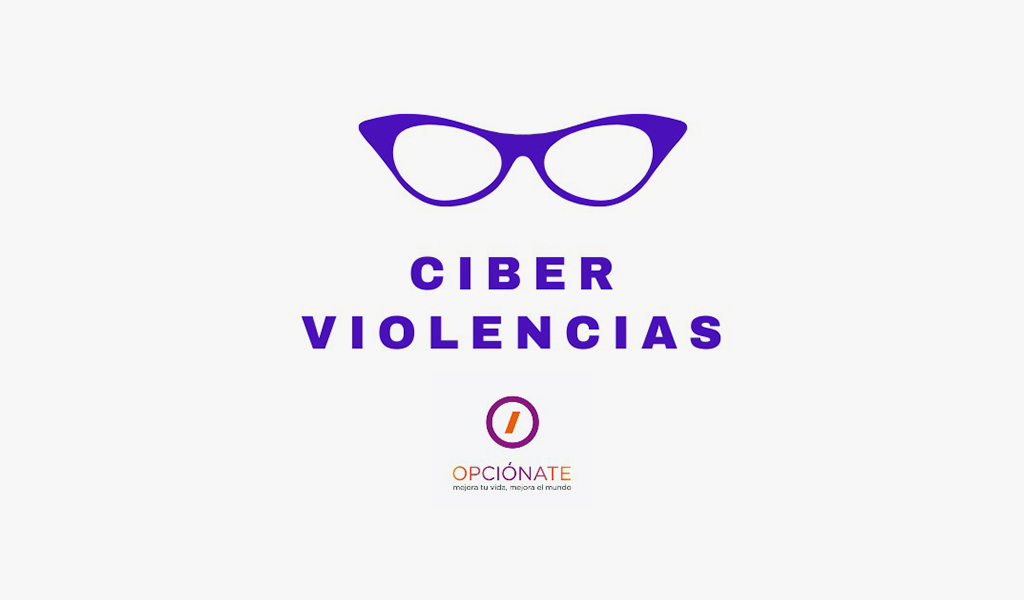A dozen local, national and international experts share their experiences in the webinar on good practices against gender-based cyber violence against women and girls.
- From 14th to 18th December with the support of the Cabildo of Gran Canaria.
- With the participation of the Deputy Director of the Spanish Agency for Cooperation and activists from Crete and Mexico, as well as from the Canary Islands and mainland Spain.
This free training is based on the experiences acquired and strategies implemented in different parts of the world in the fight against the online representation of gender violence through the words of the main protagonists.
To participate in this space for learning, discussion, and reflection, register at https://forms.gle/PpsgS4YAKrkKKUBj6.
The conference will be inaugurated on Monday 14th December by the Opciónate director Ana Lidia Fernández-Layos, who will present “Ciberviolencias machistas” [Gender-based cyber violence]. Proyectos de la Agencia Española de Cooperación al Desarrollo [Projects by the Spanish Agency for Development Cooperation] by Miriam Ciscar, followed by Jorge Flores, director of Pantallas Amigas, who will address the role of cybermanagers and video games for the prevention of gender-based cyber violence.
Nicholas Spetsidis, responsible for the coordination and implementation of the Cybersafe project (Women’s Associations of Heraklion and the Prefecture of Heraklion-Crete), will take centre stage on Tuesday to present the programme main points.
On Wednesday, APC Women’s Rights Programme member and Take Back the Tech project coordinator Erika Smith will introduce the Association for Progressive Communication. The day also includes a lecture on digital rights for a free culture on the internet by representatives of organization Tedic.
On Thursday, the artist, teacher and researcher Nira Santana, an expert in art, gender and video games, will present her vision in ‘Videojuegos ¿Una herramienta de transformación social? [Video games, a tool for social transformation?]’ Then, researcher and journalist Candy Rodríguez will introduce the Acoso.online project, the first platform in Latin America to confront the unauthorized dissemination of private content, the movement she represents in Mexico.
Finally, a tour around various local experiences in the field of gender-based cyber violence is scheduled for Friday, closing this program designed to learn, collect, exchange, and create associations that can become the starting point for a support network, and also to raise awareness and build resilience in order to enable social transformation.


